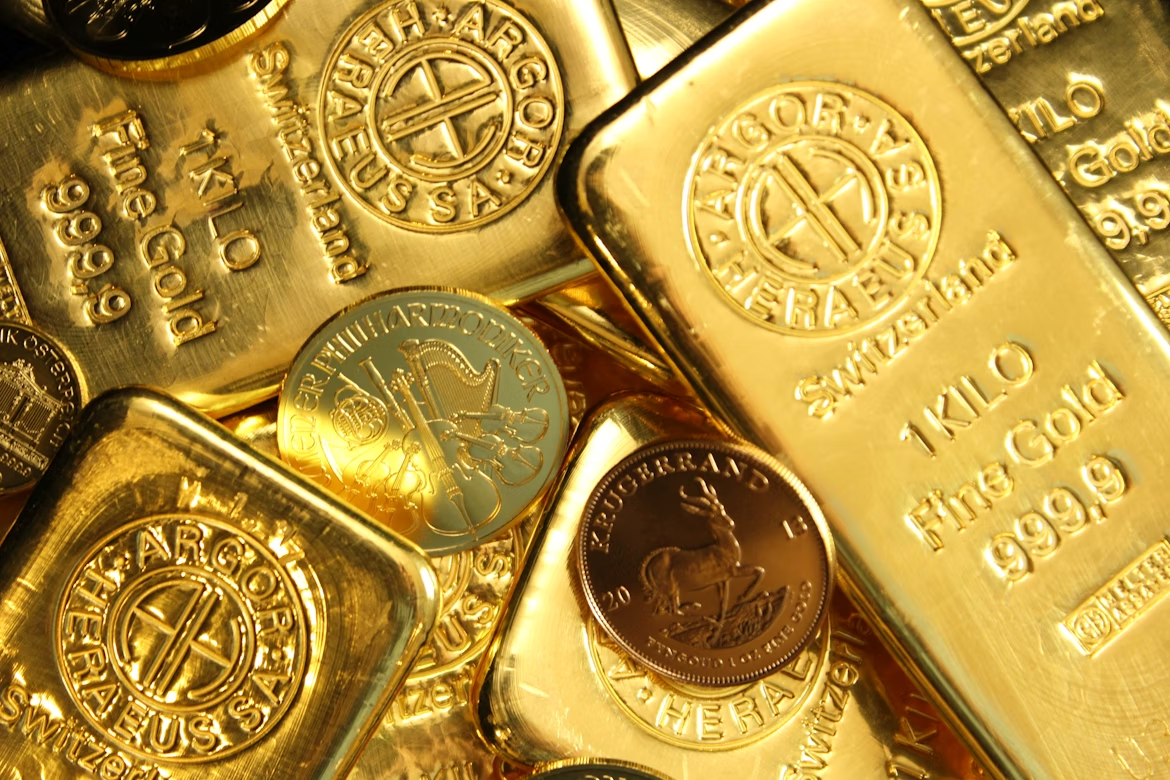
In the grand theatre of global volatility and violence, gold has become the belle of the ball, yet her knights remain dramatically divided on her future prospects. The eternal optimist Nassim Taleb went beyond passionate conviction, declaring that "gold is effectively now the reserve currency" backed by central banks worldwide increasingly favouring the asset. It's not without reason to determine that there is a deep mistrust in America's fiscal policy and path, where mounting trade surpluses and questionable plans have left the dollar's reputation somewhat polluted. Taleb recognises gold's re-emergence from mere plaything for speculators and traders to the world's financial pillar, noting how "transactions take place in dollars" but ultimately "get converted back into gold".
Yet not all share this grand devotion. Citigroup's top analysts have recently retracted their adoration for gold's near-term prospects, lowering their price targets with the sobering assessment that "we may have already seen the highs" of the current accumulation cycle. Their more cautious claims suggest that while gold may continue to kick it around current levels, the peak of reckless buying may have passed as "the gold market deficit is peaking soon, if not already." These financial powerhouses warn that declining investment demand could cool the atmosphere, especially as economic sentiment begins to improve and investors' attention wanders to other markets.
Meanwhile, from the Far East, China's gold market tells a more nuanced story of seasonal fluctuation and flows. Ray Jia from the World Gold Council noted how Chinese investors have been playing hard to get, with ETFs witnessing their "first outflows in months" relating to improved trade relations temporarily limiting the safe-haven appeal. Yet beneath this surface, a deeper motive is that the People's Bank of China continues building its gold store with consistent monthly purchases, while the year-to-date performance remains "strong at 23%" in local currency terms. This mixed relationship between waning consumer interest and institutional commitment reflects in the world's second-largest economy, where "declining government bond yields, together with elevated global geopolitical risks, may provide support for gold investment in the mid- to longer term."
Source: Kitco, BCA Research, Investing, Reuters
Photos: Unsplash
